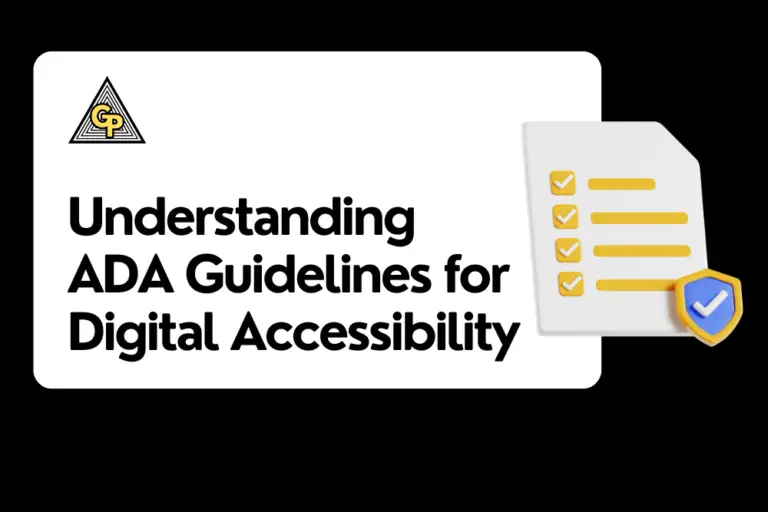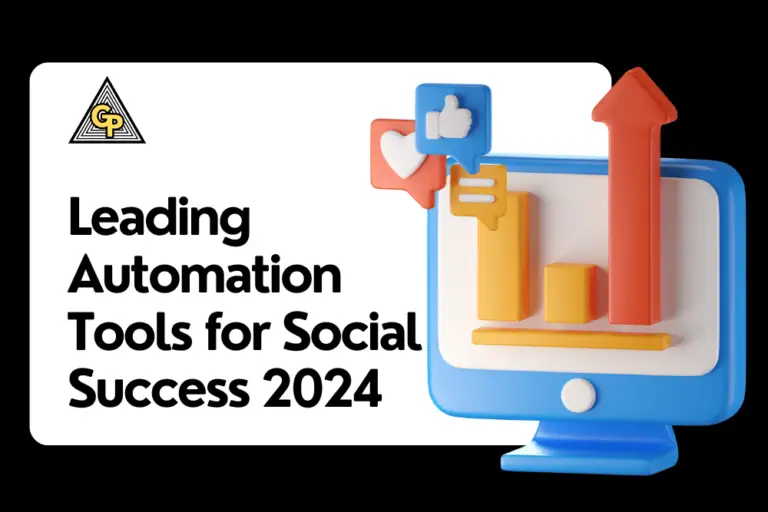The Power of Local Keyword Research: A Guide for Businesses
Local keyword research emerges as a vital tool for businesses aiming to boost their online visibility and engage with potential customers in their local area. By delving into the intricacies of local keyword research, organizations can customize their online content to effectively target specific geographic regions. This tailored approach allows businesses to optimize their digital presence and resonate more deeply with their local audience. Let’s explore the nuances of local keyword research easier take this essential aspect of digital marketing further.
What is Local Keyword Research?
What Tools Can I Use for Local Keyword Research?
- Google AdWords Keyword Planner: This is a classic tool for keyword research, useful for finding location-based keywords by allowing users to target specific locations in their searches. It provides data on search volume, competition, and trends.
- SEMrush: Ideal for deeper insights, SEMrush offers an extensive database of keywords and their performance metrics in specific locations. It allows businesses to analyze competitors’ keyword strategies in local markets.
- Moz Local: Focused on local SEO, Moz Local helps businesses improve their local visibility. It offers features that track the performance of local keywords and suggest improvements for local search rankings.
What Role Do Local Keywords Play in Voice Search?
With the rise of voice-enabled devices and virtual assistants, local keywords have become increasingly important in voice search. Users often use voice search to find nearby businesses or services, and local traffic, making it crucial for businesses to incorporate relevant local keywords into their content to capture voice search traffic effectively.




Sign up for a FREE SEO Audit today!
How Does Local Keyword Research Differ from General Keyword Research?
How Can I Identify the Best Local Keywords for My Business?
- Understand Your Audience: Begin by gaining insights into your target audience’s preferences, behaviors, and search patterns. Consider factors such as demographics, interests, and pain points to identify keywords that resonate with your potential customers.
- Brainstorm Relevant Terms: Think about the products, services, and solutions your business offers. Brainstorm a list of keywords and phrases that potential customers might use when searching for businesses like yours in your local area. Include variations such as synonyms, long-tail keywords, and location-specific terms.
- Analyze Competitors: Research competitors in your industry who are targeting the same local market. Identify the keywords they are ranking for and assess their search volumes and competitiveness. This can provide valuable insights into which keywords are worth targeting and which ones to avoid.
- Utilize Keyword Research Tools: Leverage online keyword research tools such as Google Keyword Planner, SEMrush, Moz’s Keyword Explorer, or Ahrefs. These tools provide data on search volumes, keyword difficulty, and related terms, helping you identify high-potential keywords for your business.
- Consider Local Intent: Focus on keywords that demonstrate local intent, such as including city or neighborhood names, landmarks, or phrases like “near me.” These keywords indicate that users are looking for businesses in a specific geographic area, making them highly relevant to local searchers.
- Evaluate Search Volume and Competition: Strike a balance between search volume and competition when selecting keywords. Aim for keywords with a decent search volume that are not overly competitive, as this increases your chances of ranking well in local search results.
- Refine and Prioritize: Refine your list of keywords based on relevance, search volume, and competitiveness. Prioritize keywords that align closely with your business offerings and have the potential to drive meaningful traffic and conversions.
- Test and Monitor: Implement your chosen keywords into your website content, meta tags, and local business listings. Monitor their performance over time using analytics tools to track rankings, traffic, and engagement metrics. Adjust your keyword strategy as needed based on performance data and evolving market trends.
How Often Should I Conduct Local Keyword Research?
Regularly revisiting and updating your local keyword strategy is essential to stay ahead of evolving search trends and maintain competitiveness in local search results. Aim to conduct local keyword research periodically, especially when launching new products or services, expanding into new markets, or observing shifts in consumer search behavior elsewhere.
How Do I Optimize My Content for Local Keywords?
Optimizing local business ranking and content for local keywords requires a keen understanding of local SEO tactics to ensure your business ranks prominently in regional search results. Here are several strategies to employ:
- Incorporate Local Keywords Naturally: Integrate local keywords into your website’s content, headlines, meta descriptions, and URLs in a manner that feels natural and useful to the reader. Avoid keyword stuffing, which can negatively impact your SEO efforts.
- Create Location-Specific Pages: If your business operates in multiple locations, consider creating separate pages for each location. Tailor the content on these pages to reflect the local area, including local news, events, or promotions, and integrate relevant local keywords.
- Utilize Google My Business: Claim and optimize your Google My Business listing, ensuring that your business name, address, phone number (NAP), and business hours are accurate. Incorporate local keywords into your business description and posts to improve local search visibility.
- Engage in Local Link Building: Establish links from local businesses, organizations, and directories to increase your site’s local relevance and authority. Participating in community events and collaborations can also provide opportunities for local visibility and backlinking.
- Promote Customer Reviews: Invite happy customers to share their feedback on your Google My Business profile and other suitable platforms. Respond to reviews in a professional manner, integrating local keywords strategically to boost local search engine optimization.
- Optimize for Mobile and Voice Search: With the increasing prevalence of mobile and voice searches, ensure your site is mobile-friendly and content is optimized for voice search queries, which often contain local terms or phrases such as “near me” or specific localities.
- Use Schema Markup: Implement structured data markup, also known as schema markup, on your website to provide search engines with explicit information about your business, such as your NAP, operating hours, and location. This can help improve your visibility in local search results and rich snippets.
Why Is Local Keyword Research Important for My Business?
Local keyword research is vital for any business looking to capture the attention of potential customers in specific geographic areas. It allows businesses to tailor their online presence to match the search behaviors and preferences of the local market, and local rankings and thereby increasing the relevance and visibility of their offerings more customers.
By targeting local searches with location-specific keywords, businesses can connect more effectively with individuals who are actively searching for products or services in their vicinity, leading to local listings with a higher likelihood of attracting foot traffic and converting searchers into customers. Furthermore, local keyword research helps businesses stand out in a crowded online landscape and compete more effectively against larger, national brands by focusing on niche segments of the market.
Ultimately, it is a key element in optimizing local SEO strategies, ensuring that your local business owners name remains visible and appealing to your most relevant audience—those in your immediate geographical area.
Can I Use "Near Me" in My Local Keyword Strategy?
Yes, incorporating phrases like “near me” in the search bar can be highly effective in local keyword strategies, especially for businesses with physical locations. “Near me” searches have surged in popularity, indicating users’ intent to find nearby businesses offering the products or services they need. Including such phrases as keyword modifiers can help businesses capture local search traffic effectively.
Should I Include Misspellings of Local Place Names in My Keywords?
While incorporating misspellings of local place names find local keywords may attract additional search traffic, it’s crucial to prioritize accuracy and professionalism in your keyword strategy. By focusing on utilizing correct spelling and grammar, you can uphold credibility with your audience. Nevertheless, it is advisable to keep an eye on prevalent misspellings and variations to guarantee that your content stays accessible to a wider range of readers. Remember, attention to detail in your keyword approach can significantly impact search intent and the effectiveness of your content strategy.
Conclusion
Mastering the art of local and use keyword research tools enables businesses to not only reach local audiences effectively but also to establish meaningful connections within their communities. By harnessing the power of appropriate tools, fine-tuning keyword strategies, and closely monitoring local search trends, businesses can unearth hidden opportunities for expansion while building a robust digital footprint that resonates with their target audience.










